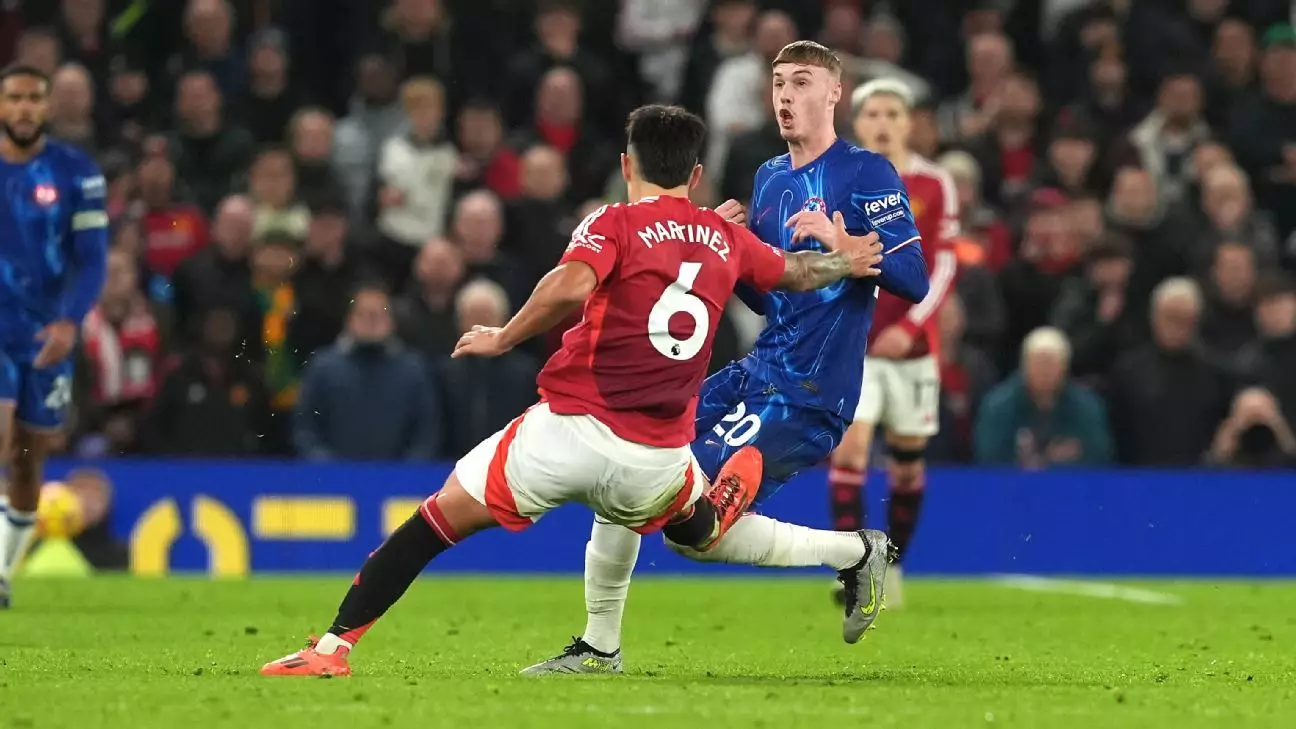As the Premier League continues to captivate audiences worldwide, the implementation of Video Assistant Referee (VAR) technology has become a focal point of controversy. Each week, fans and pundits alike dissect the pivotal decisions influenced by VAR, sparking debates about correctness and consistency. This article explores recent incidents involving VAR, shed light on the decision-making processes, and critiques the functionality of the system in its current form.
VAR is designed to assist referees in making more accurate decisions, particularly concerning clear and obvious mistakes or serious incidents overlooked during the match. However, the effectiveness of VAR often comes under scrutiny due to what many perceive as subjective interpretations of the laws of the game. The high threshold for intervention has led to confusion among teams, players, and fans alike. The Premier League mandates a stricter standard for VAR interventions which complicates the process of overturning on-field decisions.
For instance, when Manchester United’s Lisandro Martínez was issued a yellow card for a challenge against Chelsea’s Cole Palmer, the VAR review deemed that a red card was unjustified. The VAR’s reluctance to recommend a review highlights the difficulties in maintaining consistent standards across various matches. This incident points to a larger problem: the ambiguity surrounding serious foul play and the VAR’s adherence to pre-established guidelines that often do not reflect the nuance of individual situations.
Analyzing Key Incidents of VAR Controversy
One of the most contentious VAR moments recently involved Crystal Palace’s disallowed stoppage-time winner against Wolverhampton Wanderers. Despite what seemed like a triumphant victory, the goal was annulled due to a foul on the goalkeeper by Palace’s Daniel Muñoz. Referee Anthony Taylor’s assertion that the goalkeeper was in control of the ball, despite a challenge, led to heated discussions among fans and analysts.
This incident demonstrates another inherent flaw within the VAR system, namely the interpretation of the rules related to goalkeeper protection. The existing directives grant significant leeway to goalkeepers, often resulting in situations where attacking teams feel aggrieved. Herein lies a contradiction: fans desire accuracy and fairness in officiating, yet the protective bias towards goalkeepers frequently clouds judgment in key moments.
In a case involving Ipswich Town, the VAR protocol’s limitations may have left the club feeling unfairly treated. Ipswich has yet to benefit from a VAR review this season, raising frustrations about the perceived disparities in how VAR adjudicates decisions across clubs. This situation emphasizes that interpretations can vary significantly, calling into question the reliability of VAR as a tool intended for justice in football.
Beyond the technical constraints and decision-making processes, there is a psychological dimension in play. For players, knowing that their actions will be intensely scrutinized can change how they approach the game. This burden can lead to overly cautious play, with athletes fearful of incurring penalties or cards that may hinge on the VAR’s subjective evaluation.
Regarding the psychological toll on teams, consider Manchester United’s experience with VAR penalties. The penalty awarded during their match against Brighton illustrated how even minor infractions can have significant consequences. This ongoing pressure can result in a pervasive feeling of injustice, particularly in tightly contested matches. Ipswich CEO Mark Ashton’s comments underscore the growing frustration among clubs who feel victimized by the system, which they perceive as inconsistently applied.
As VAR evolves, football authorities must address its current shortcomings. The implementation of clearer guidelines and greater transparency regarding decision-making would alleviate some of the frustrations expressed by clubs and fans alike. Ensuring referees have access to comprehensive replays and clearer thresholds for intervention can promote a fairer playing environment.
Additionally, refining how subjective decisions are approached could help mitigate the impact of VAR on both players and teams. Striking a balance between human judgment and technological oversight is crucial for the future of VAR in the Premier League. The league must be willing to adapt and learn from past decisions, striving for a system that enhances the sport’s integrity rather than undermines it. The ultimate goal should be to create a fairer, more transparent and consistent officiating system that resonates positively with the entirety of the football community.

